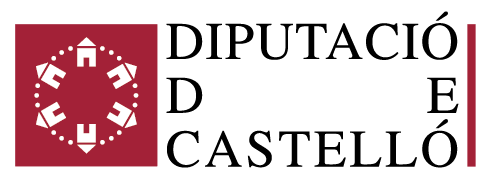Javier Gómez Zapiain

EROTIC DESIRE AND EMOTIONAL BONDING IN ADOLESCENCE AND YOUTH ADULTS
ABSTRACT
Erotic desire is an emotion whose activation is filtered by psychological mediation through emotional and cognitive processes, making it a subjective emotional experience. Every emotion generates an action tendency: Pleasure seeking. One cannot speak of emotion without speaking at the same time of emotional regulation. Therefore, sexual desire is an emotion that generates an action tendency and must be regulated. Sexual health is related to the capacity to regulate erotic desire.
Affective bonding is a basic need on the basis of which the human being develops, generating the internal models that will regulate throughout life all interpersonal interaction, especially those of greater psychological proximity. The quality of attachment bonds generates the security base that acts as a platform for the exploration of both the internal and external world. Basic security allows confident and comfortable access to intimacy, especially erotic intimacy. Sexual health is related to the capacity to activate sensitive, warm and empathic relationship models, characteristic of attachment security, regulated by the ethics of affective and sexual relationships.
Sexual desire and affective bonding are two independent dimensions that have different origins and objectives, which can interact synergistically with each other, enhancing the erotic experience extraordinarily or interfering with it severely.
The interaction between internal models and the regulation of sexual desire provides new ideas for understanding the sexual health of young people and adolescents, understood as the capacity to regulate affective and sexual needs, as well as the resources for the prevention of risks associated with sexual experience.
BIOGRAPHY
Javier Gómez Zapiain has been professor of Sexuality Psychology at the Basque Country University and researcher in the human sexuality field. His research is focused on the interactions study between attachment and sexuality in partner’s relationships, as well as the study of affective mediators associated with inherent sexual behavior risks in adolescents and young people. He has written several papers and monographs. He worked ten years as a founding psychologist of the public family planning center of Lasarte (Basque Country), working as a sexual therapist. He was responsible for the Applied Psychology Service at the Basque Country University. Author of the Sexual Education programs, Uhin Bare (2000) and Sexumuxu (2013) for the Basque Country Government and Ente moceda (2005) for the Asturias Regional Government.
Nowadays he contributes to professionals training as a collaborator in different postgraduate courses and other training courses.














